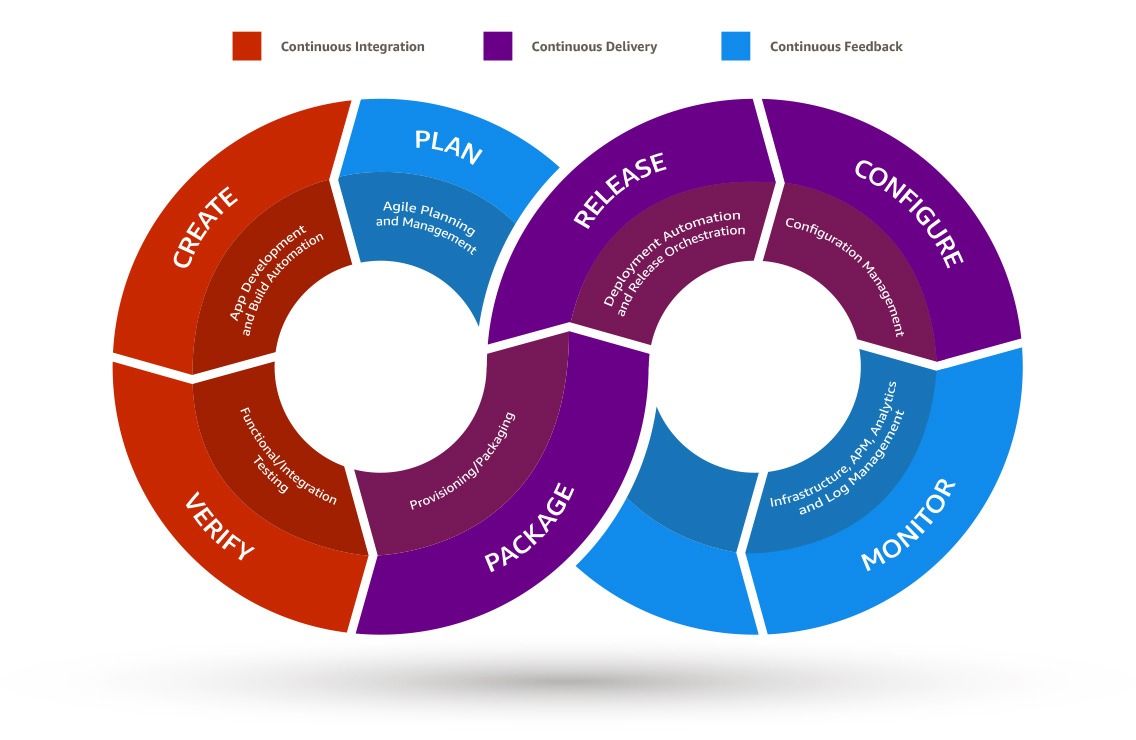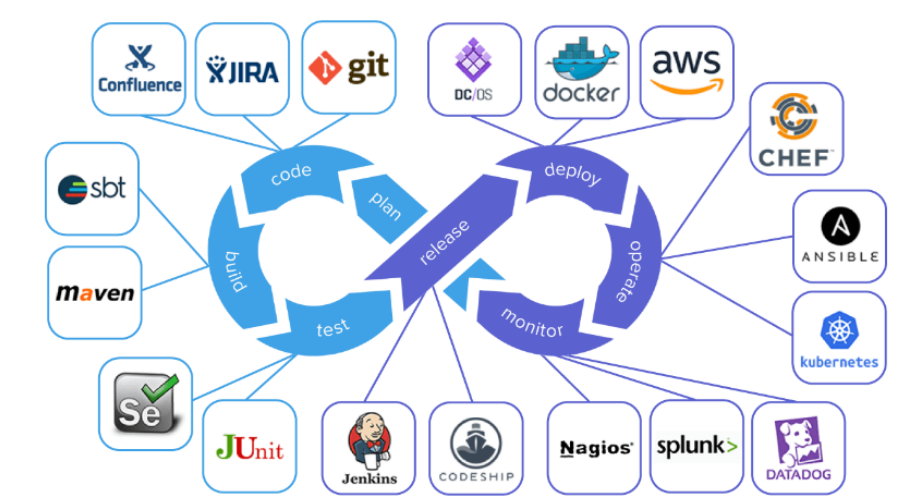Linux and DevOps
 mecrin luvis
mecrin luvisTable of contents

Linux plays a critical role in DevOps due to its flexibility, stability, and scalability. DevOps is a software development approach that emphasizes collaboration, automation, and continuous integration and deployment. Here are some ways in which Linux is used in DevOps:
Infrastructure management: DevOps teams use Linux to manage the infrastructure that runs their applications. Linux provides a robust command-line interface and a wealth of powerful tools for managing servers and networks.
Containerization: Linux is the most popular operating system for containerization, with Docker and Kubernetes being the most popular containerization tools used in DevOps.
Automation: Linux is often used in DevOps to automate the deployment and management of software applications. The Linux command line is a powerful tool for scripting and automating repetitive tasks.
Cloud computing: Linux is widely used in cloud computing, which is an essential component of DevOps. Many of the major cloud computing providers, including Amazon Web Services, Google Cloud Platform, and Microsoft Azure, rely on Linux as the underlying operating system for their infrastructure.
Open source tools: Many of the tools used in DevOps, such as Ansible, Jenkins, and Git, are open source and run on Linux. Linux provides a stable and reliable platform for these tools to run on.

In summary, Linux is a critical component of DevOps, providing the flexibility, scalability, and automation required for modern software development and deployment.
Subscribe to my newsletter
Read articles from mecrin luvis directly inside your inbox. Subscribe to the newsletter, and don't miss out.
Written by
